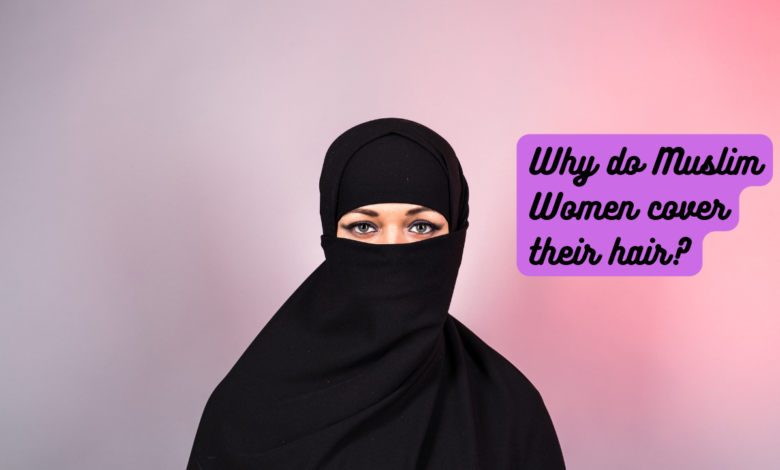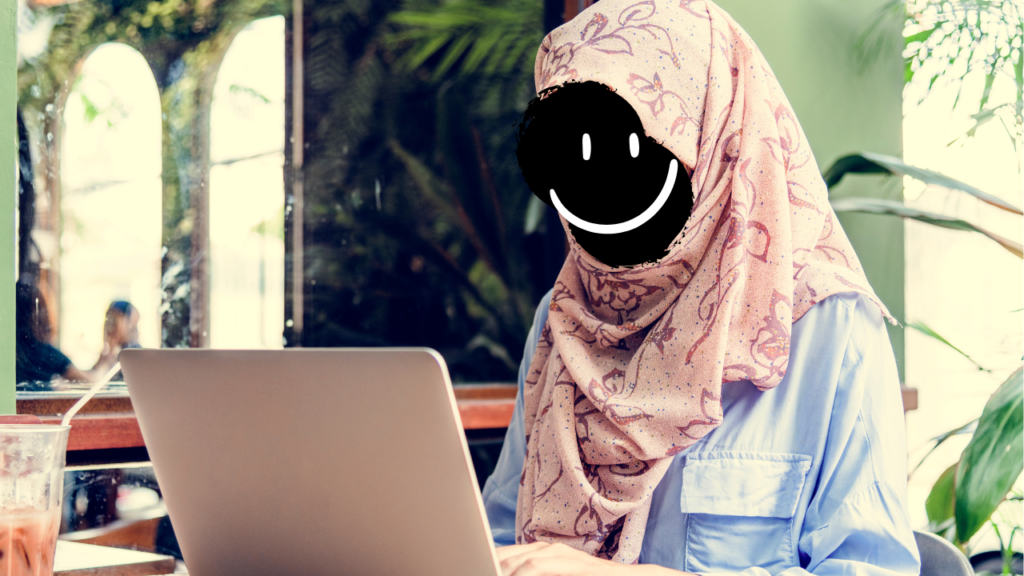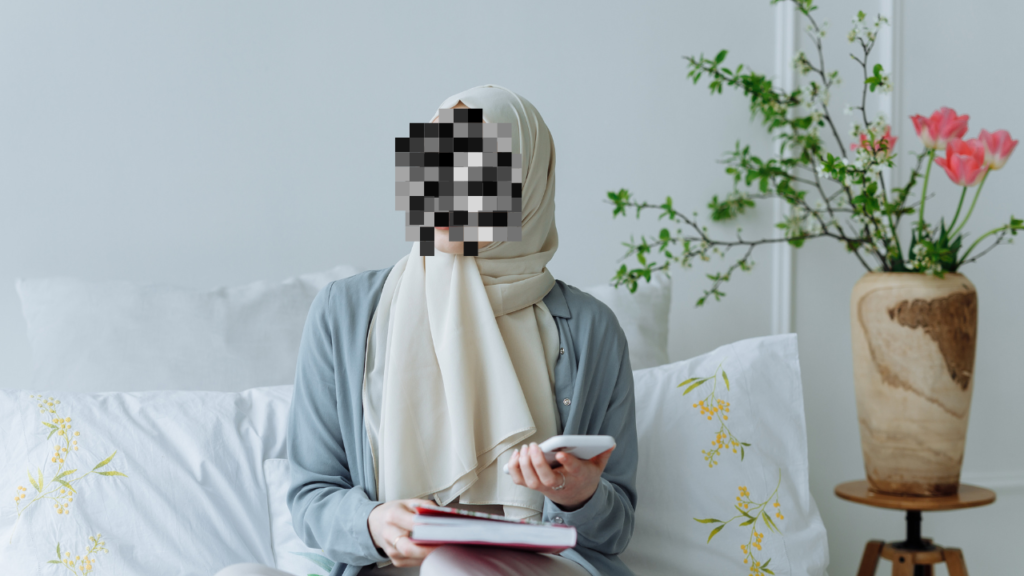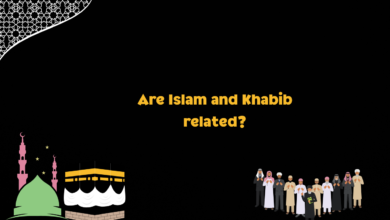Why do Muslim Women cover their hair?
Unveiling the Veil: The Multifaceted Motivations Behind Muslim Women's Head Coverings

Why do Muslim Women cover their hair?
Muslim women cover their hair as an act of modesty and obedience to Islamic teachings. It is a symbol of their faith and submission to Allah (God) as prescribed in the Quran.

Introduction
One of the most visible and recognizable aspects of Islamic dress code for women is the practice of covering their hair. While it may seem like a simple act of modesty, the decision to wear a headscarf, known as a hijab, is rooted in complex religious, cultural, and social factors. In this article, we will explore the reasons why Muslim women choose to cover their hair, shedding light on the diverse motivations behind this practice.
Religious Devotion and Obedience
The primary and most significant reason why Muslim women choose to cover their hair is religious devotion and obedience to the teachings of Islam. The Quran, the holy book of Islam, explicitly mentions the requirement for modesty in dress for both men and women. Chapter 24, verse 31, states, “And tell the believing women to reduce [some] of their vision and guard their private parts and not expose their adornment except that which [necessarily] appears thereof and to wrap [a portion of] their headcovers over their chests and not expose their adornment except to their husbands.” This verse is often cited as the scriptural basis for wearing the hijab, emphasizing the importance of covering one’s beauty and modesty.
Submission to God’s Will
Wearing the hijab is seen as an act of submission to God’s will for many Muslim women. By choosing to cover their hair, they are demonstrating their obedience to God’s commands and their commitment to living a pious and faithful life. The hijab symbolizes a woman’s relationship with her Creator, and it serves as a constant reminder of her religious duties.
Cultural and Societal Norms
In addition to religious reasons, the decision to wear the hijab can also be influenced by cultural and societal norms. In many Muslim-majority countries and communities, covering one’s hair is considered a cultural tradition and a symbol of cultural identity. Women often choose to wear the hijab to align themselves with their cultural heritage and to maintain a sense of belonging within their communities.
Feminist and Empowerment Perspectives
Contrary to common misconceptions, many Muslim women who wear the hijab see it as a symbol of empowerment and agency. For them, it is a personal choice that allows them to take control of their bodies and define their identities on their terms. Some argue that the hijab liberates them from societal pressures to conform to Western beauty standards and helps them avoid objectification based on their appearance.
Preserving Personal Dignity
The hijab also serves as a means of preserving personal dignity and privacy. Muslim women who cover their hair believe that it helps protect them from unwanted attention and objectification. By concealing their beauty, they can interact with others in a more respectful and focused manner, emphasizing their intellect, character, and personality over their physical appearance.
Solidarity and Sisterhood
Wearing the hijab can foster a sense of solidarity and sisterhood among Muslim women. Many women feel a connection with others who share their faith and choice of modest attire. This sense of unity can provide emotional support and a sense of belonging, particularly in societies where Muslims are a minority.
Also check
- How to become a Islamic Scholar?
- Is life insurance Halal in Islam?
- Can Muslims eat beef?
- Do Muslims believe in Jesus?
- Do Islam believe in Adam and Eve?
Conclusion
The decision to wear a hijab, or cover one’s hair, by Muslim women is a deeply personal and multifaceted choice influenced by religious devotion, cultural identity, and individual empowerment. It is essential to recognize that there is no one-size-fits-all explanation for this practice, as motivations can vary widely among Muslim women. By understanding the diverse reasons behind the hijab, we can promote tolerance, respect, and a deeper appreciation for the rich tapestry of Muslim cultures and traditions.

FAQs About Why Muslim Women Cover Their Hair
Why do Muslim women cover their hair?
Muslim women cover their hair as an act of modesty and obedience to Islamic teachings. It is a symbol of their faith and submission to Allah (God) as prescribed in the Quran.
Is covering the hair mandatory for all Muslim women?
Covering the hair is generally considered mandatory (wajib) in Islam for post-pubescent Muslim women. However, the degree of covering may vary among different Muslim communities and interpretations.
What is the significance of covering the hair in Islam?
Covering the hair is a way for Muslim women to guard their modesty and maintain their dignity. It reflects a commitment to obeying Allah’s commandments and avoiding the display of beauty to unrelated men.
Does covering the hair have cultural significance as well?
Yes, covering the hair can also have cultural significance in addition to its religious meaning. Different cultures may have their own styles of head coverings, such as the hijab, niqab, or burqa.
Are there variations in how Muslim women cover their hair?
Yes, there are variations in how Muslim women choose to cover their hair. Common styles include the hijab (headscarf), niqab (full-face veil), and burqa (full-body covering). The choice often depends on personal preference and cultural norms.
Can Muslim women choose not to cover their hair?
While covering the hair is encouraged in Islam, it is ultimately a personal choice. Some Muslim women may choose not to cover their hair for various reasons, such as personal beliefs, cultural practices, or individual circumstances.
Are there exceptions to covering the hair in Islam?
Yes, there are exceptions. For example, Muslim women may uncover their hair in the presence of their immediate family members (mahram) and other women. Additionally, women may remove their headscarves for specific situations, such as during prayer.
Does covering the hair affect a Muslim woman’s daily life?
Covering the hair can impact a Muslim woman’s daily life to some extent, as it requires them to wear specific clothing and head coverings. However, many Muslim women adapt to this practice and continue to lead fulfilling lives in various fields, such as education, work, and sports.
Is there a specific age when Muslim girls start covering their hair?
The age at which Muslim girls begin to cover their hair can vary. It often starts after puberty, as it is believed that they become accountable for their actions in Islamic law at this stage. However, some girls may choose to cover earlier, while others may do so later in life.
How do non-Muslims and people from different cultures perceive Muslim women who cover their hair?
Perceptions of Muslim women who cover their hair vary widely. Some people view it as a symbol of oppression, while others see it as an expression of religious identity and personal choice. It’s essential to approach this topic with cultural sensitivity and respect for individual beliefs.






